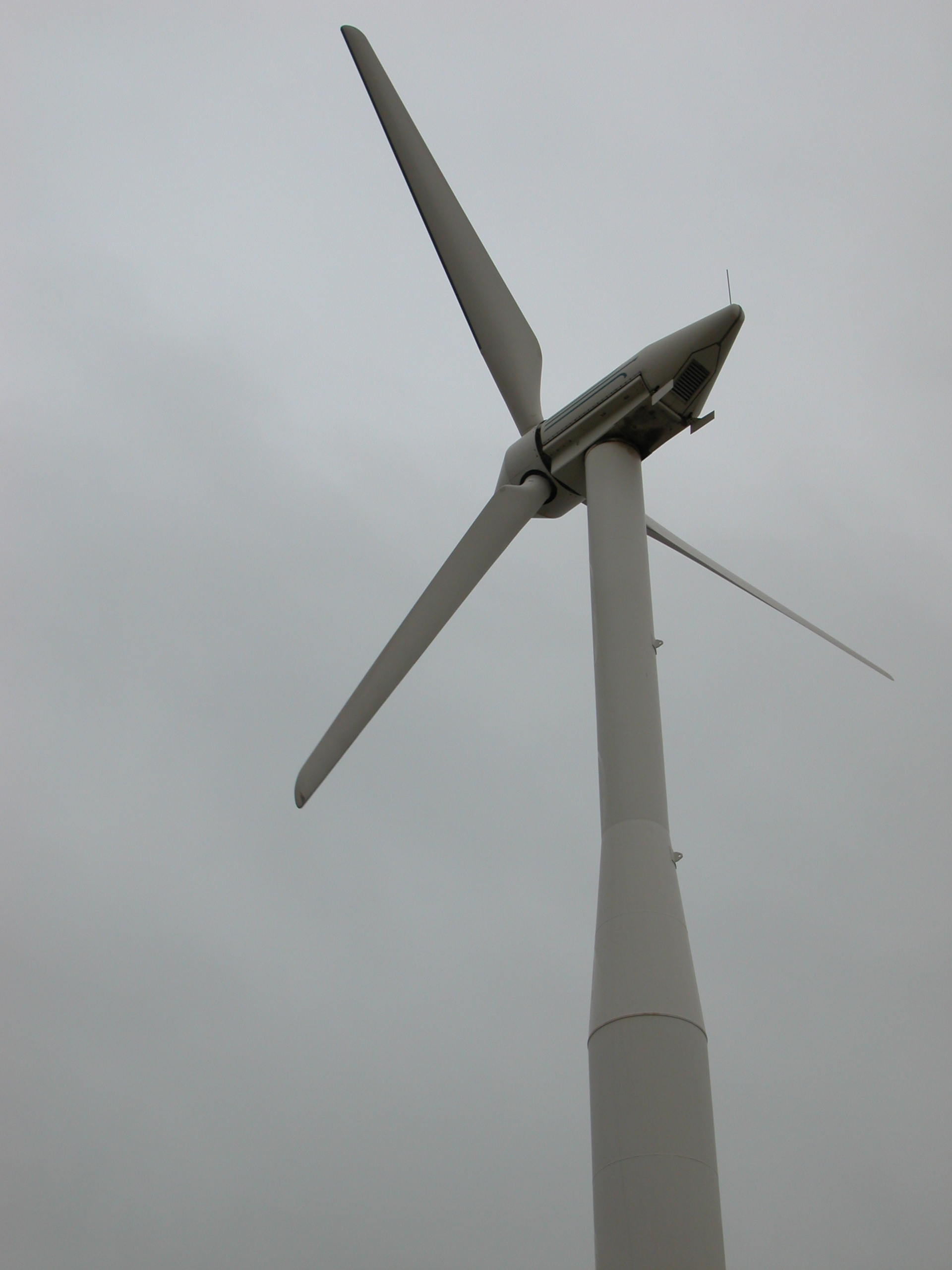- You have no items in your shopping cart
- Subtotal: රු0.00
In recent years, the world has witnessed a transformative shift in the way people choose to get around. With a growing emphasis on sustainable and eco-friendly alternatives, the electric bicycle, or e-bike, has emerged as a game-changer in the realm of urban mobility. Offering the perfect fusion of convenience, efficiency, and environmental consciousness, e-bikes have captivated commuters and adventurers alike, redefining the way we travel. In this article, we explore the rise of the electric bicycle and its impact on modern transportation.
The Electric Bicycle: Unleashing the Power of Innovation
The electric bicycle, essentially a conventional bike equipped with an electric motor and rechargeable battery, has redefined what it means to pedal in the 21st century. The magic lies in its ability to provide varying levels of pedal-assistance, empowering riders to cover longer distances, conquer steep hills, and breeze through their daily commutes without breaking a sweat. Whether you’re a seasoned cyclist or a novice, the e-bike accommodates all, inspiring a more inclusive and accessible approach to cycling.
Eco-Friendly Commuting: A Greener Way to Travel
As concerns about climate change and air pollution escalate, e-bikes emerge as an environmentally friendly alternative to traditional gas-powered vehicles. Emitting zero tailpipe emissions, electric bicycles contribute to cleaner air and a greener future. Their efficient use of energy and low carbon footprint make them a compelling choice for eco-conscious individuals seeking a sustainable mode of transportation.
Health and Well-being: A Pedal towards a Healthier Lifestyle
Contrary to misconceptions, e-bikes do not entirely eliminate the need for pedaling. Instead, they augment the rider’s efforts, making cycling more accessible to a broader demographic. For fitness enthusiasts, the e-bike serves as an excellent tool to stay active, as riders can choose to engage the motor less frequently, thereby getting a beneficial workout while exploring the city or nature. This aspect has helped break barriers for people with physical limitations, enabling them to partake in physical activities and improve their overall well-being.
 Redefining Urban Mobility: Tackling Traffic Congestion
Redefining Urban Mobility: Tackling Traffic Congestion
As urban centers grapple with increasing traffic congestion, electric bike conversion kit bicycles present a viable solution. E-bikes offer the flexibility to navigate through congested city streets, bypassing traffic jams and reducing the reliance on motor vehicles. In densely populated areas, the e-bike’s compact size and agility make it an ideal choice for covering short to medium distances efficiently. Moreover, the integration of e-bike sharing programs in cities has further expanded their accessibility, encouraging more people to opt for sustainable transportation options.
Economic Benefits: Cost-Effective Travel
With rising fuel prices and maintenance costs associated with conventional vehicles, the e-bike offers a cost-effective mode of transportation. Charging an e-bike’s battery is significantly cheaper than filling up a gas tank, and maintenance expenses are generally lower due to the bike’s simpler mechanical design. Commuters can save on fuel and parking fees, making e-bikes an economically sound choice for daily travel.
Conclusion:
The electric bicycle represents more than just a passing trend; it symbolizes a transformative shift in our approach to transportation. Combining the best of conventional cycling with modern technology, e-bikes have earned their place as an efficient, eco-friendly, and accessible mode of urban mobility. As cities and individuals continue to prioritize sustainability, the electric bicycle will undoubtedly play a pivotal role in shaping the future of transportation, offering a greener, healthier, and more enjoyable way to traverse the world around us.
